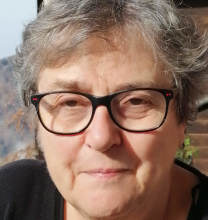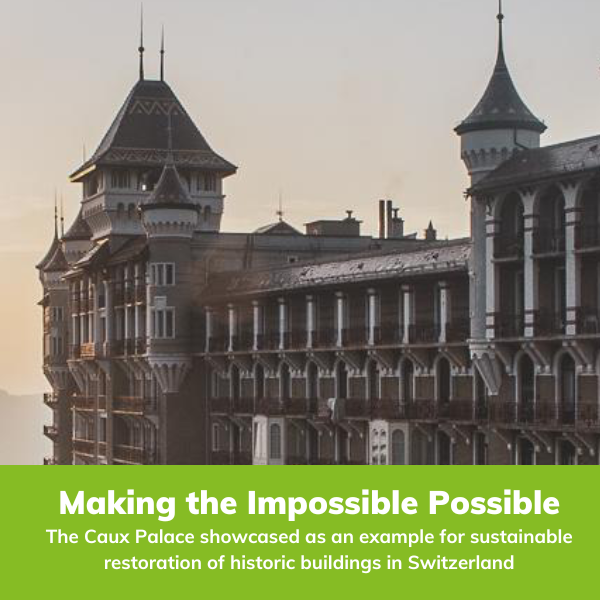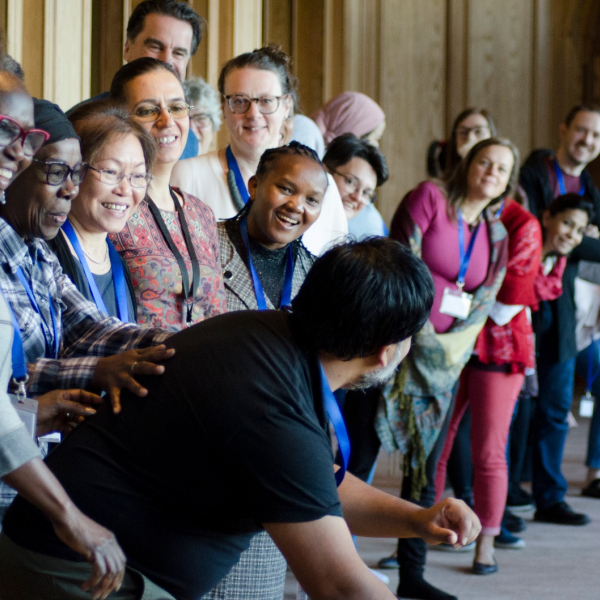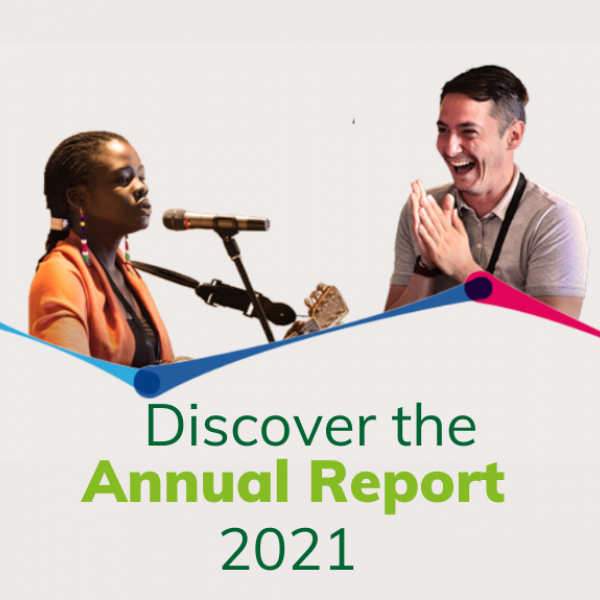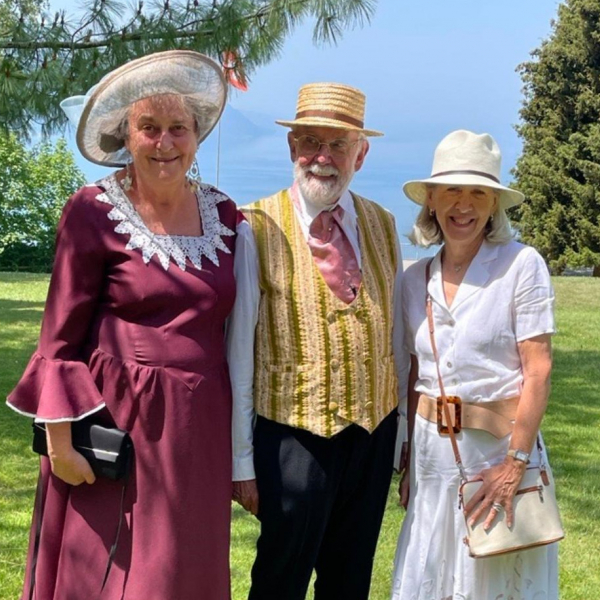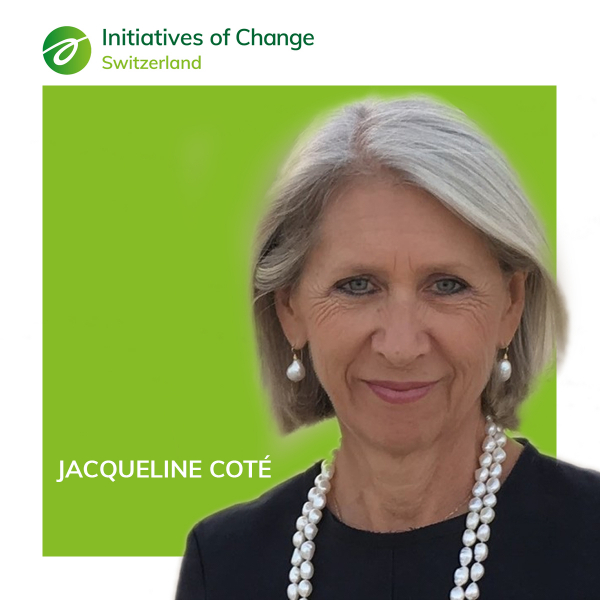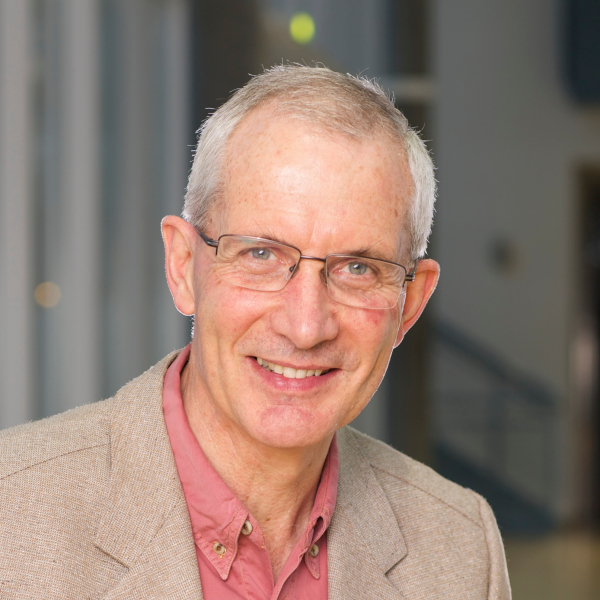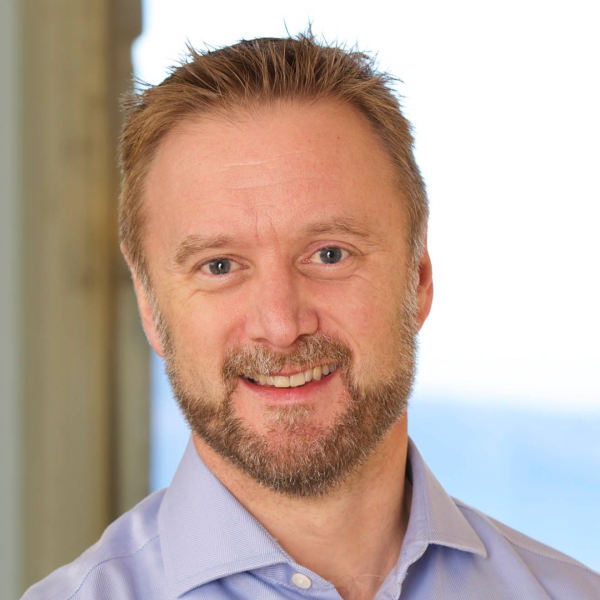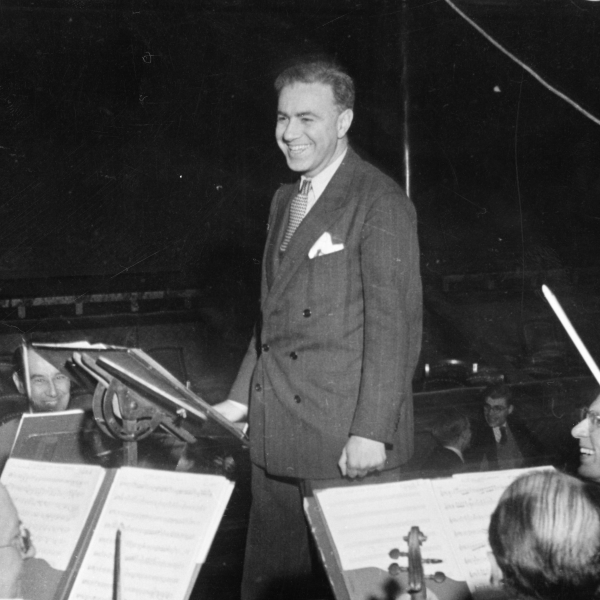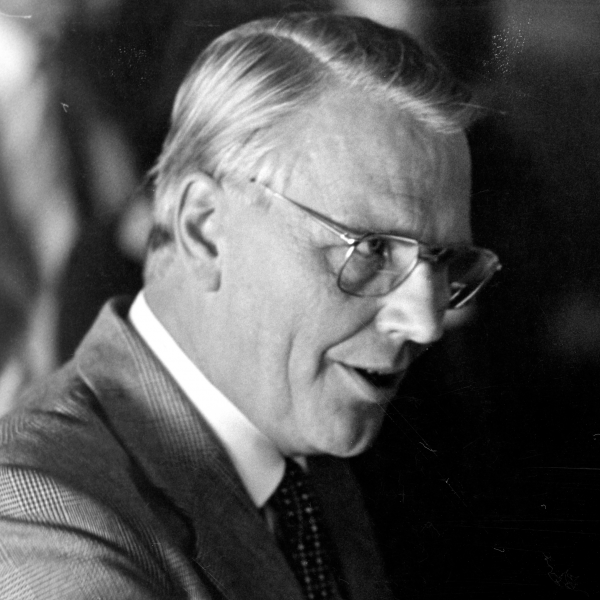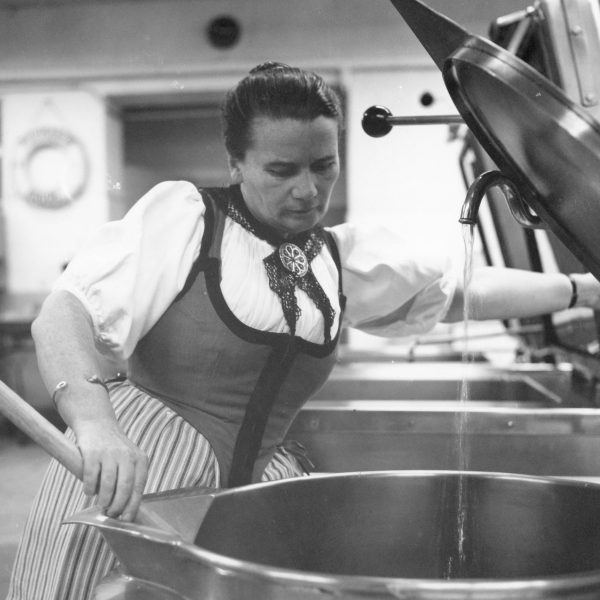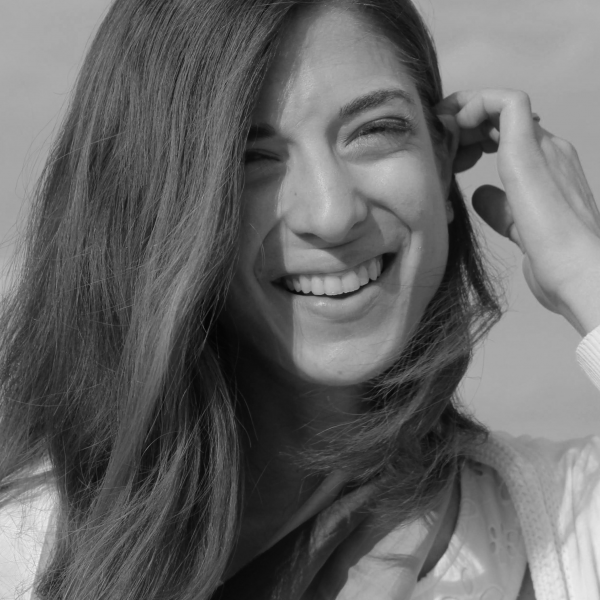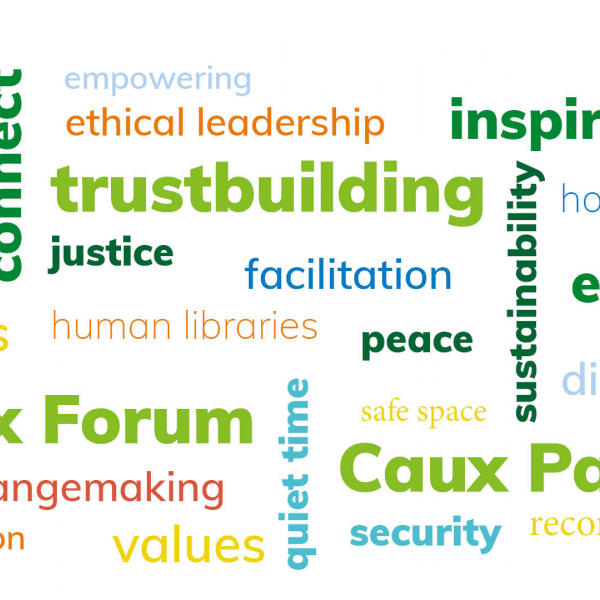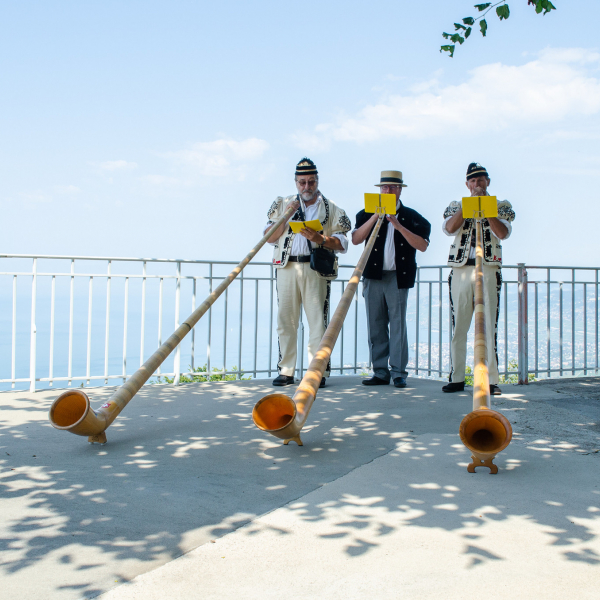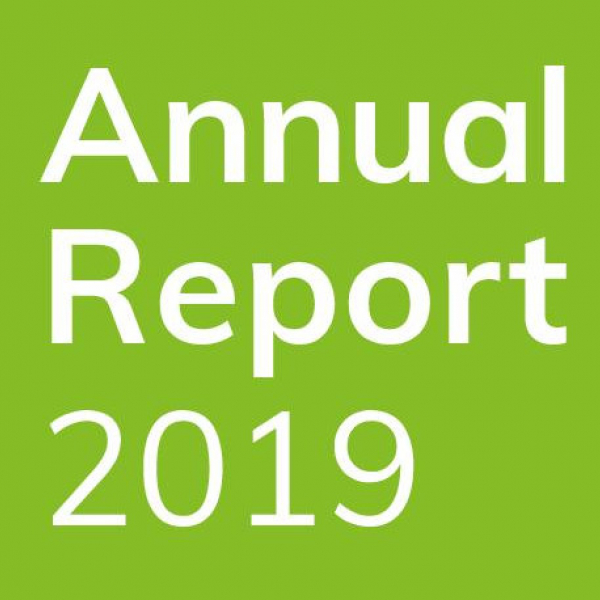Lost in Translation: Volunteering at the Caux Refuge
A Caux Refuge blog by Eliane Stallybrass
28/11/2022
When the first Ukrainians arrived at the Caux Refuge at the IofC conference centre in Caux, Eliane and Andrew Stallybrass were amongst the first volunteers to welcome them at the Villa Maria and to offer support. Eliane knew that learning French would be essential for them to help them settle down more easily and she quickly set up French lessons. She writes:
There are about 15 of them, sitting in front of me, attentive, trying to grasp what I am explaining to them about the French language. They are Ukrainians who had to leave their homes in a hurry and find themselves in a country where they have to start from scratch.
They are learning a language they did not plan to learn, and have to find jobs, when in most cases they had one. They had friends, activities, a house, now perhaps destroyed. I look at them with a mixture of anger for what they are going through and tenderness for their efforts.
Right after the war started in February 2022, IofC Switzerland made the Villa Maria available to Ukrainians in need of a safe space. There are 24 of them currently living at the Caux Refuge. There are children, several of whom are now in school. There are grandmothers. And there are those in the prime of life who now have to learn the Swiss laws on work, hoping to find some soon.
There are nurses, a pharmacist, a university professor, a politician, an electronics engineer, mothers. The teachers continue to teach students in several countries via the internet. Most of them knew Initiatives of Change before they arrived, either through visits to Caux – for conferences or Weeks of International Community (WIC) – or through the Foundations for Freedom programme, initiated and developped by IofC in the 1990 and early 2000s, and well developed in Ukraine.
The IofC Switzerland Foundation hired two liaison officers, Ekaterina and Maria, to help the Ukrainians in Caux navigate the Swiss bureaucracy. They all now have their S permits, which enable them to stay in Switzerland, and, thanks to Ekaterina and Maria who speak their language, they are able to go to the doctor or the employment office.
They have found French courses and take two or three classes a week. And they discovered, as I did at my expense, that the syntax of French and Russian is not at all identical. For example, it took me some time to understand that in Russian the verb ‘to be’ does not exist in the present tense. ‘Me tired’ is enough in Russian. No need for a verb!
Modern technology helps a lot in overcoming obstacles. They all came with mobile phones. This enables them to keep in touch with their friends and family, who are often dispersed too. And the phones help them to discover courses and activities in the region.
They introduced those of us volunteers who hadn’t used them before to the translation apps for smart phones. You can say whatever you want and the translation into Russian or Ukrainian appears immediately. And vice versa. Mind you, the result is not always very accurate, which can lead to some amusing misunderstandings.
When the village of Caux learned of the arrival of the Ukrainians, people mobilized enthusiastically. Donations of clothes, toys and everyday items poured in.
Even the mayor, Olivier Gfeller, became a friend. He joined us in celebrating Orthodox Easter and on a boat trip to Le Bouveret, where the whole group enjoyed the Aquaparc, with its little trains that let them discover Switzerland in miniature. On this occasion, the group gave him a Ukrainian flag which they had all signed, with the names of their home towns.
Nine months after the war broke out, they are now preparing for the long term. Swiss hospitals are short of nurses and restaurant owners are tearing their hair out over the shortage of staff. Let's hope that employers will welcome these friends who want to integrate into our society as quickly as possible.
I fear they may have to stay away from home for a long time.
YOU CAN HELP!
Since the beginning of the war in Ukraine, millions of displaced people have left their homes in search of a safe space. In an emergency response, Initiatives of Change Switzerland opened the doors of its conference centre in Caux, to offer a refuge and shelter for those impacted by the war.
The Caux Refuge is located at the Villa Maria, right next to the Caux Palace and Initiatives of Change Switzerland works closely with local authorities.
As our own sources of funding are running out, we need your help to support the Caux Refuge financially. We need CHF 20,000 to ensure that the group can be hosted until the end of 2022. We will use these funds to finance food aid and other costs related to the group's stay at the Villa Maria in Caux.
We thank you for your support. Please pledge your support here and specify “Caux Refuge” when making your contribution. If you have any proposals and questions, please get in touch with us.

Please note that the opinions expressed in these articles are those of the interviewees and not do not necessarily reflect the opinion of the interviewer and Initiatives of Change Switzerland.
Photo top: Maria Raffin

